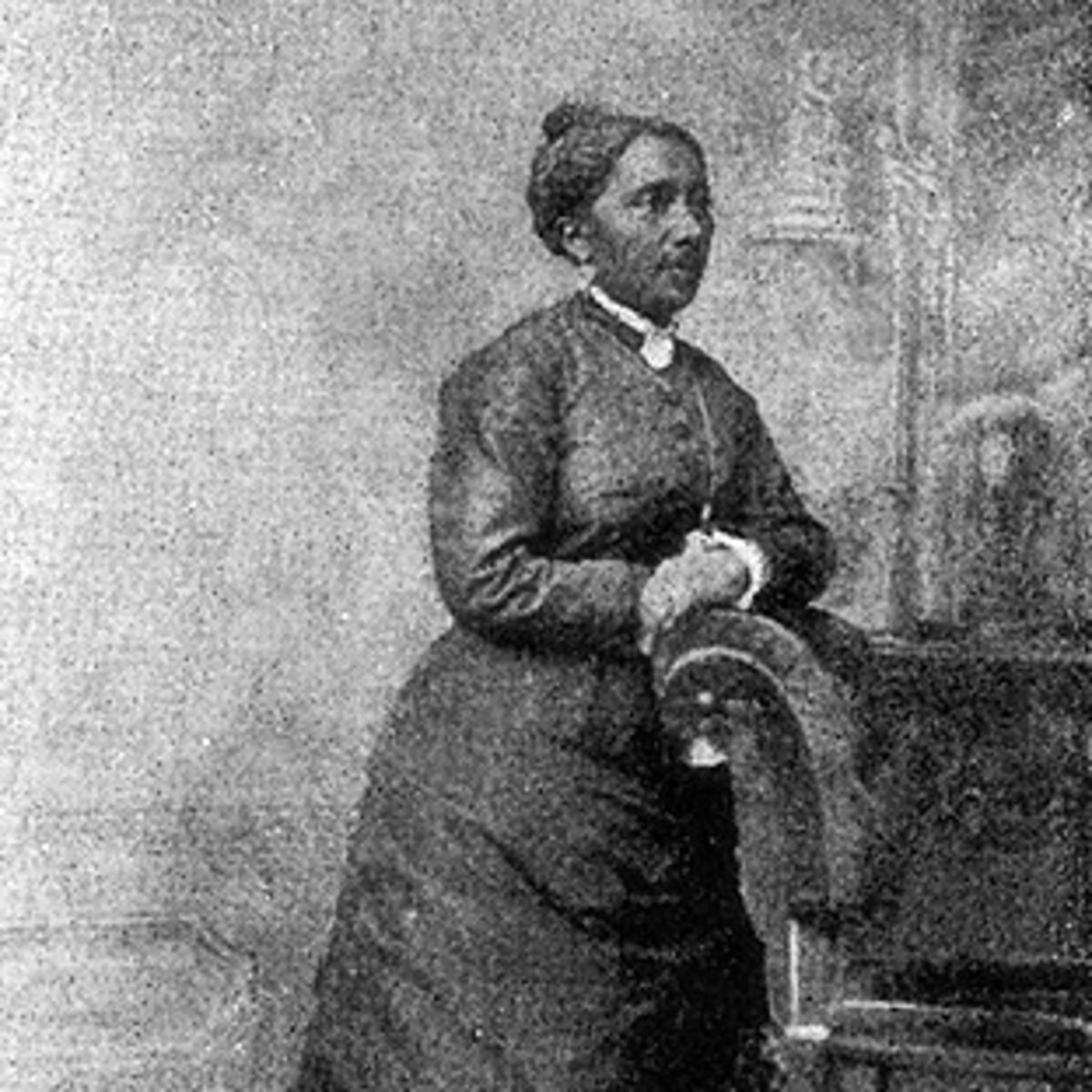In the bustling streets of New York City during the early 19th century, a young African American woman named Elizabeth Jennings began her journey. Born on March 6, 1827, Elizabeth's life would become a testament to courage and resilience in the face of systemic racism and social injustice. Her story is not just about her struggle against segregation but also about her dedication to education and her unwavering commitment to the fight for civil rights.
A Promising Start
Elizabeth was born into a family that, despite the pervasive racial inequalities of the time, managed to carve out a space of relative privilege. Her father, Thomas Jennings, was a skilled tailor who had managed to accumulate some wealth and gain prominence in the free black community of New York. Thomas Jennings was a trailblazer in his own right; he was one of the first African Americans to receive a patent in the United States for a dry-cleaning process. This success provided Elizabeth with an environment that valued education and self-improvement.
Her mother, Elizabeth, was a devoted homemaker who supported her husband’s entrepreneurial endeavors and nurtured their family. The Jennings household was a nurturing environment that encouraged Elizabeth’s intellectual growth and ambition. From an early age, Elizabeth showed a keen interest in learning and a strong desire to make a difference.
Rising Above Adversity
Elizabeth’s education was largely shaped by her parents’ values and the opportunities available in their community. She attended a local school for African American children and was tutored privately, benefiting from the educational advancements that her family’s success allowed. Her early education fostered a sense of self-worth and a belief in her ability to influence change.
By the time she reached adulthood, Elizabeth Jennings was a well-educated and self-assured woman. She worked as a schoolteacher in the African American community, where she was known not only for her teaching skills but also for her active involvement in community and social issues. Her role as an educator was more than just a job; it was a platform from which she could advocate for the rights and dignity of her people.
The Streetcar Incident
The pivotal moment in Elizabeth’s life came on July 16, 1854. On that day, she boarded a streetcar operated by the Third Avenue Railway Company, which was notorious for its racial segregation policies. The streetcars had separate sections for white and black passengers, a reflection of the pervasive racial discrimination of the time.
Elizabeth was seated in the "whites-only" section of the streetcar. When the conductor asked her to move to the designated black section, she refused. Her refusal was not just an act of defiance; it was a deliberate challenge to the entrenched racial segregation laws. Elizabeth argued that such segregation was unjust and illegal, asserting her right to sit wherever she chose.
The situation escalated quickly. The conductor, supported by other passengers, physically removed Elizabeth from the streetcar. This act of violence and humiliation was a stark reminder of the daily indignities faced by African Americans. However, Elizabeth’s resolve only grew stronger in the face of this injustice.
A Legal Battle
Determined to fight back against the unjust treatment she had endured, Elizabeth Jennings sought legal recourse. With the help of prominent abolitionists and activists, she filed a lawsuit against the Third Avenue Railway Company. Her case was championed by Chester A. Arthur, a well-respected lawyer and future President of the United States. Arthur was deeply moved by Elizabeth’s courage and saw her case as a significant opportunity to challenge the discriminatory practices of the time.
The legal proceedings were a battle not just for Elizabeth’s individual rights but for the broader principle of racial equality. Arthur and his legal team argued that the railway company’s segregation policy violated the rights guaranteed to all citizens. They contended that such policies were not only morally wrong but also legally indefensible.
On December 17, 1855, the New York State Supreme Court delivered its verdict. The court ruled in favor of Elizabeth Jennings, declaring that the segregation policy of the Third Avenue Railway Company was illegal. This landmark decision was a significant victory in the fight against racial discrimination. It was one of the earliest legal challenges to segregation in public transportation and set a precedent for future civil rights battles.
The Legacy of a Pioneer
The victory in court did not mark the end of Elizabeth Jennings Graham’s journey. Despite the legal triumph, she continued to face the challenges of racism and discrimination in her daily life. Nevertheless, she remained committed to her work in education and social reform.
Elizabeth married Charles Graham, and together they had a daughter named Sarah. Her family life was a source of personal joy, but Elizabeth did not retreat from her activism. She continued to be involved in the African American community, advocating for educational opportunities and civil rights.
Throughout her life, Elizabeth Jennings Graham was a symbol of resilience and leadership. She used her platform to challenge injustice and promote equality. Her legal victory was not just a personal triumph but a beacon of hope for those who would continue to fight for their rights.
In her later years, Elizabeth retired from teaching and focused on her family. She lived a life marked by both personal fulfillment and public achievement. She remained a respected figure in her community until her death on September 5, 1901.
Remembering Elizabeth Jennings Graham
Elizabeth Jennings Graham’s legacy is a testament to the impact of individual courage in the fight for social justice. Her story is a powerful reminder that change often begins with a single act of defiance and that the struggle for equality requires both personal sacrifice and collective action.
Her court case against the Third Avenue Railway Company was a pioneering moment in the civil rights movement, demonstrating that the legal system could be an instrument for change. Elizabeth’s life and activism laid the groundwork for future civil rights advancements, and her legacy continues to inspire those who fight for justice and equality.
As we reflect on her contributions, we honor Elizabeth Jennings Graham not only for her legal victory but for her unwavering commitment to making the world a more equitable place. Her story is a crucial chapter in the broader narrative of civil rights and serves as a reminder of the enduring power of individual courage and perseverance.
Advertise on SBO
Add your business to SBO
Make sure to add your business to SBO
Show your support by sharing this article.
Make Sure To Follow SBO
SBO Facebook SBO X SBO Instagram SBO LinkedIn SBO YouTube SBO Pinterest SBO TikTok





